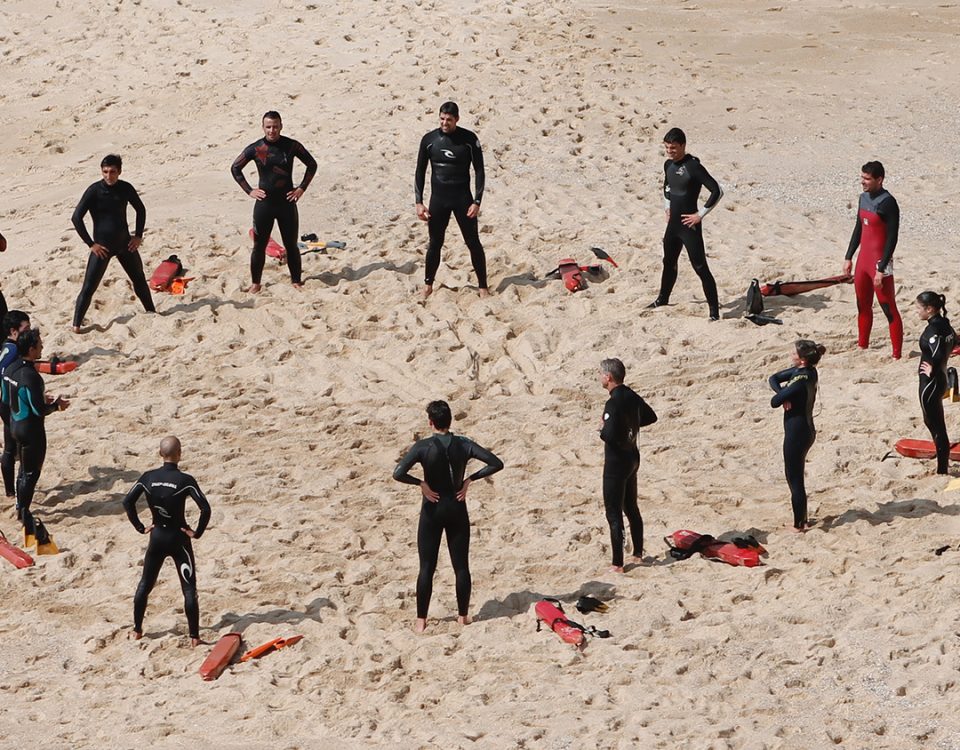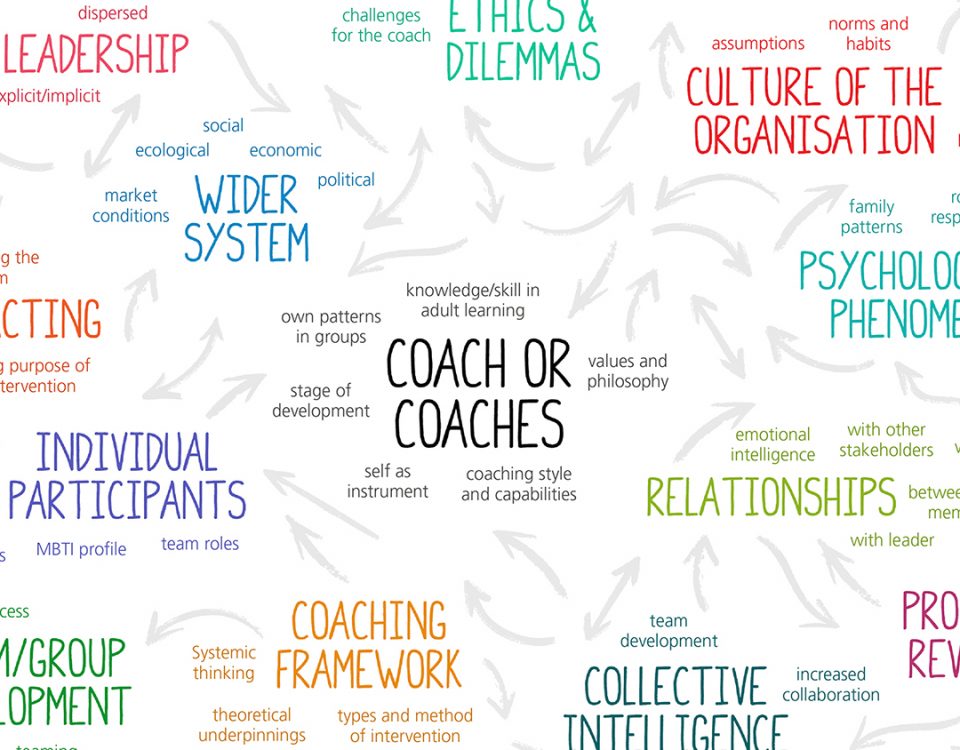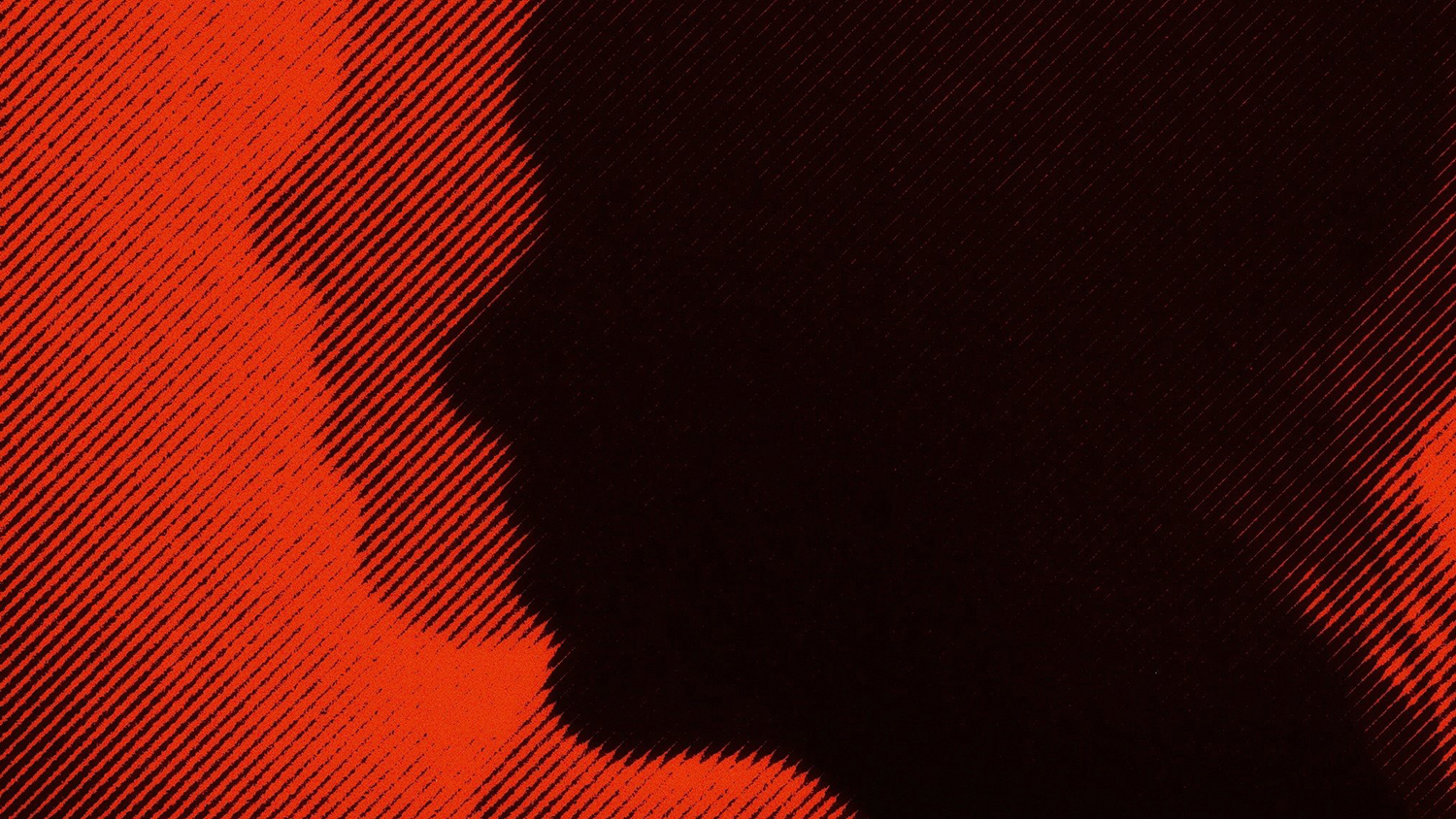
Imposter syndrome or great coaching?
3rd July 2017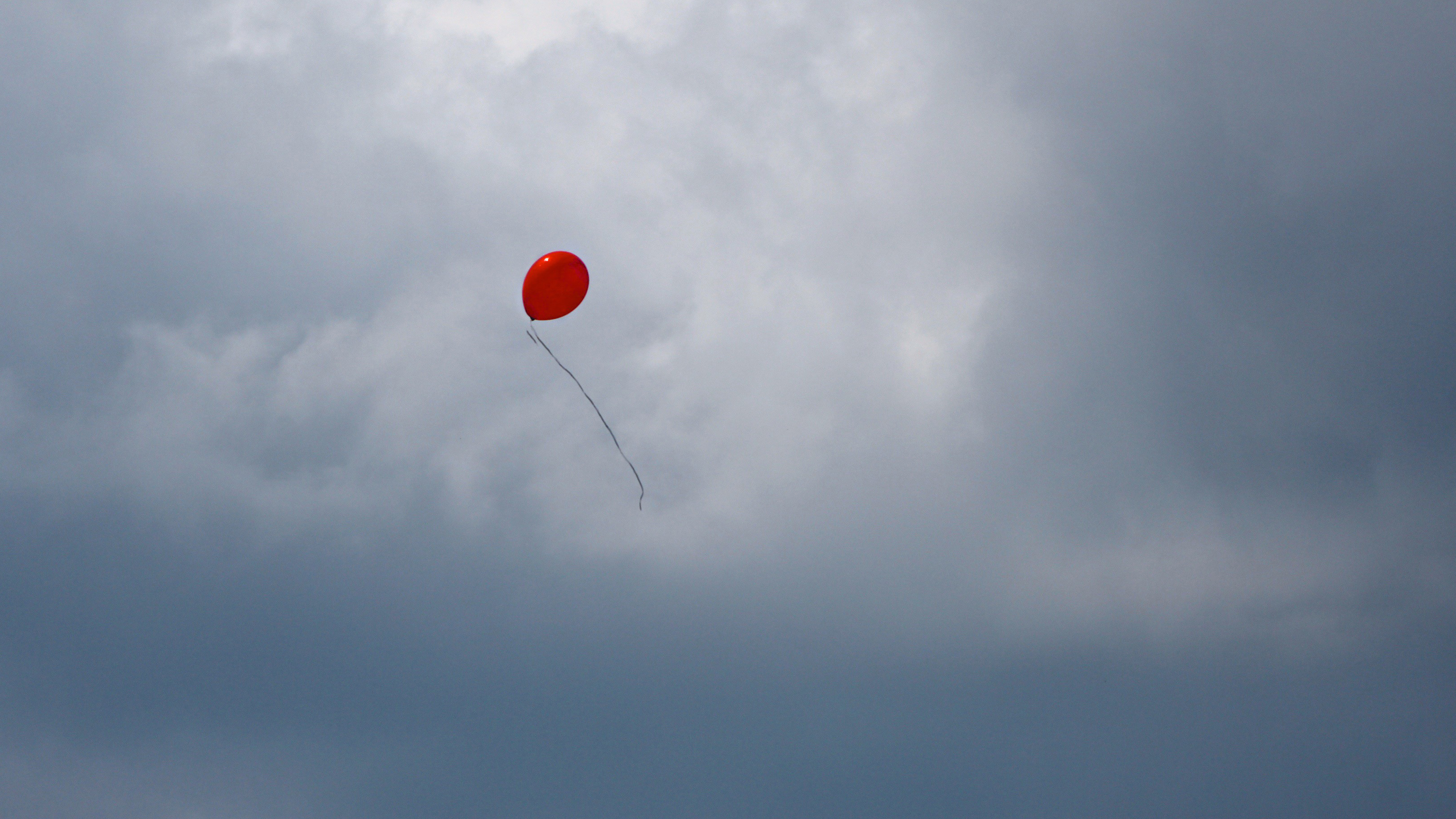
The art of the ending
12th July 2017Leading and learning in team coaching
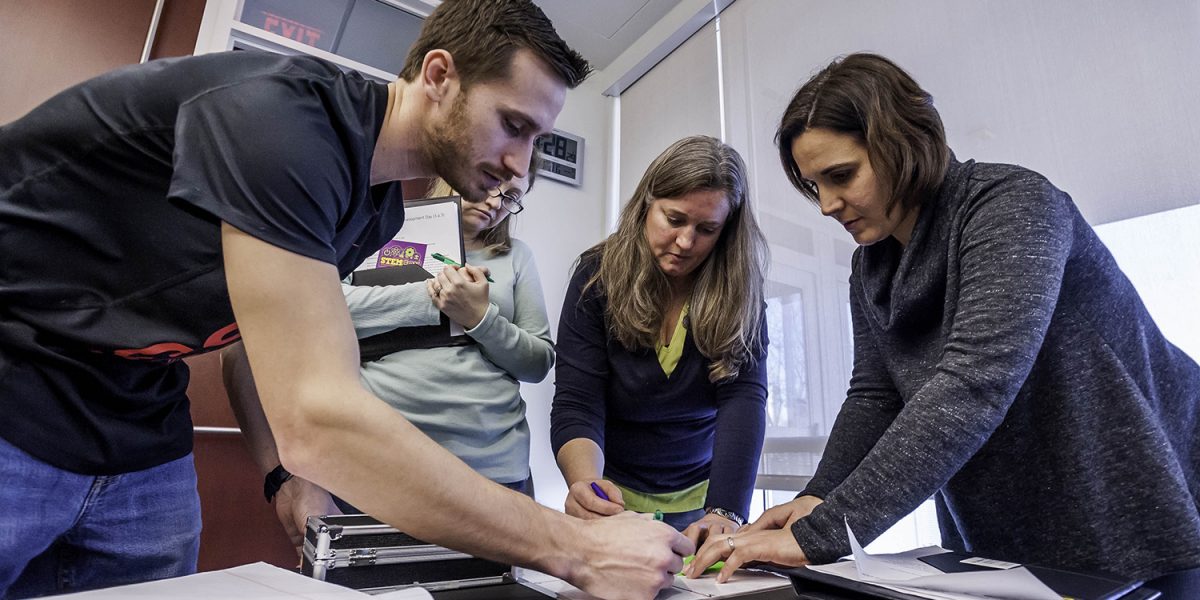
The Coaching Supervision Academy launched an exciting new training programme for team coaching supervisors in March. The programme, which I led, included three days of training in central London, and three evening teleforums. We completed the final module a couple of weeks ago, and what rich learning there was for us all!
Many coaches take on team coaching work without adequately preparing and training for it, so it was great to work with a group of people who wanted to give significant time and interaction to this expanding area of coaching.
In the time since the final module ended, I’ve been reflecting on the experience of working with the group, and thought I’d offer some thoughts on how the experience impacted me as lead facilitator.
I realised in a fresh way the true value of holding the whole system in mind at all times, and in knowing that each participant is an element of the whole. Working together was creative, stimulating, challenging, amazing (and so many other words!) as we worked through our issues together.
As ever, I discovered that team coaching supervision (and team coaching) is complex! I found that I needed to hold lightly all the theories, models and phenomena I know about groups, and simply be present to let what was happening in the room evolve and develop. My metaphor to describe this is an image of the Milky Way, with all the elements present, changing in significance, while not holding tightly to any one aspect of what we were doing as a group. We paused periodically to give us space for insight and reflection, and that was also helpful for us as a group, as the work evolved.
I found there is huge value in co-facilitation when you’re working with a group. As one person leads or intervenes, the other/s can hold the whole system, or notice emerging themes and patterns.
I also confirmed that the best way forward was to openly acknowledge whatever projections were directed towards me as facilitator, and to bring them to the surface. That wasn’t always easy, of course. And we then did the same for whatever else was going on between other members of the group.
There is huge learning for us all when we use the group in the room to shed light on what might be happening for each participant’s client groups. This supports my own hypothesis that the only reality is here and now; so working with what’s in the room is more powerful than merely talking about what’s happening outside the room. Once we have surfaced what’s going on in the room, we can take it out into the client systems in which we are operating.
This new CSA training programme was an enriching and creative time for me personally, and I’m grateful to my co-facilitators for sharing this group work with me. Likewise, the experience has contributed hugely in my own development as a team coach supervisor and facilitator.
Kees de Vries, who was a delegate in the programme, says: ‘This programme has stretched me in the field of coaching, and of supervision. It also opened new perspectives on known but ever-changing contexts, such as teams and groups. It has made very clear to me that you cannot do without your intuition and your senses in the complex context of teams and groups – or in this complex world, for that matter.’
The dates for next year’s Team Coaching Supervision will be available soon.
Photo: COD Newsroom under CC license


